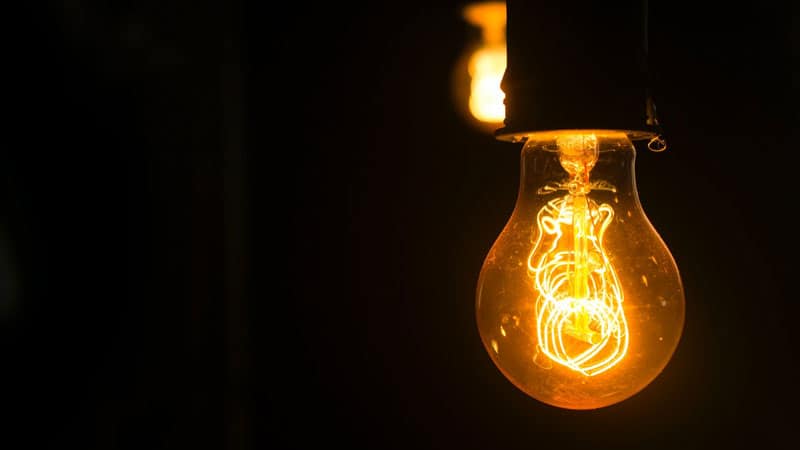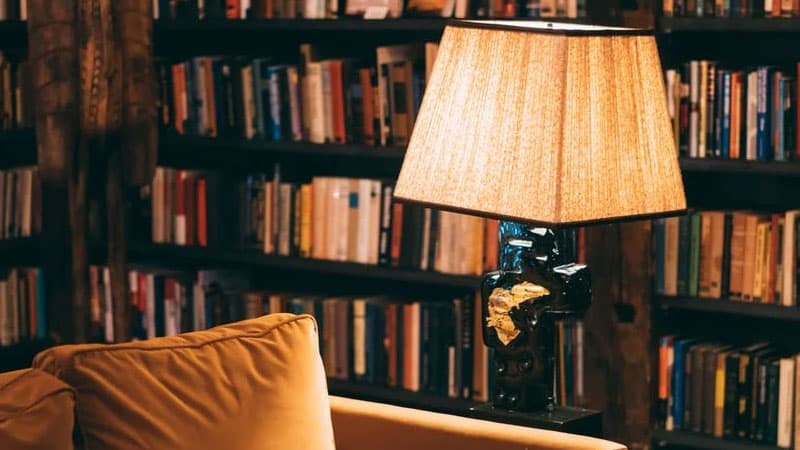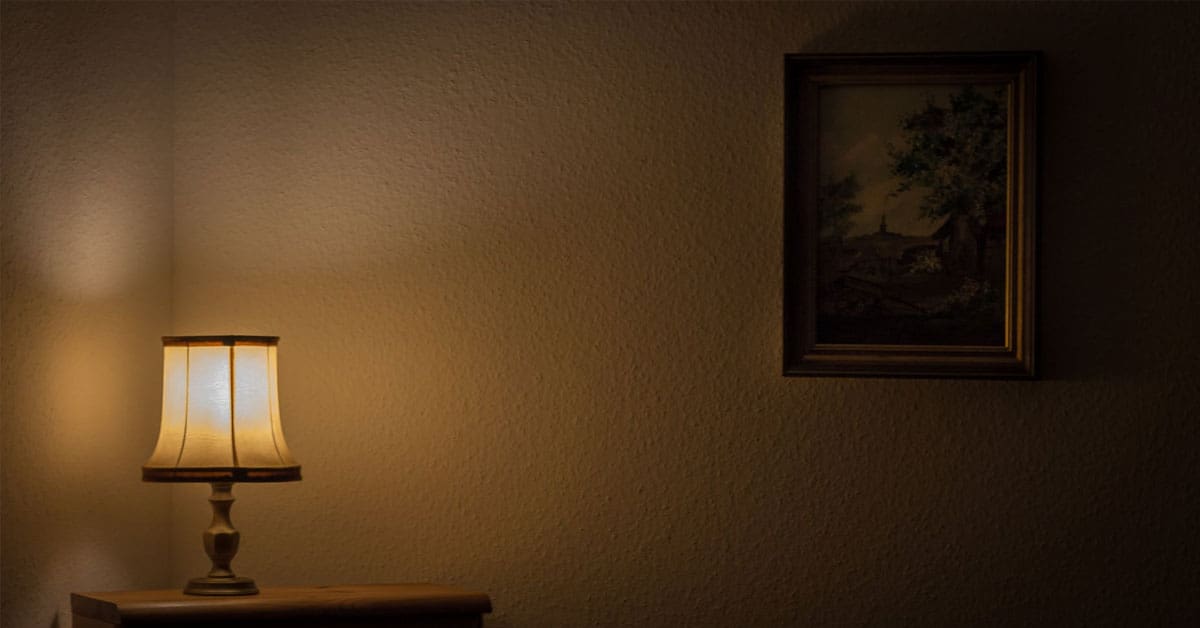The convenience of instant light in your bedroom has many benefits. You can see where you’re going, bring a sense of warmth or comfort and increase the perceived safety of the room. But stories about house fires often mention electrical wiring or appliances causing house fires. So is it safe to leave a lamp on all night?
In general, it is safe to leave a lamp on all night. The risk of fire is very low, especially if using a modern lamp and LED bulb. The only risk comes from using old-style bulbs or appliances that are faulty. Modern safety standards allow lamps to be left on for days.
I’ll compare LED bulbs to traditional light bulbs to show you how safe they are. If you use appliances that have all the proper safety certifications as well as using a LED the chance of any harm is very low. If you’re getting a lot of benefit from leaving lamps on, there isn’t really a concern with safety so you can continue to do so. Otherwise, sensors or timers might be a good investment.
How Long Can A Light Bulb Stay On Safely?

First of all, it’s important to understand the different types of light bulbs. If you’re still using the old 60 watt light bulbs in your house, they operate very differently from the newer LED bulbs.
The average 60 watts light bulb wastes approximately 90% of its energy as heat. They run a lot hotter due to this fact and create a lot of excess heat not necessary for light. The normal operation of such light bulbs will have them running very hot and can be a fire hazard.
LED lights output far less heat during their light production process. This is because they generally don’t produce heat in the form of infrared radiation. It is a common myth that LEDs do not produce heat (touch one that’s been on for a while and you’ll find them at least to be warm).
LEDs do however use far less energy, are cooler to the touch, and will dim over their lifetime until eventually not working. Most LEDs will almost never completely burn out but rather just dim to the point of almost uselessness.
This means that you can leave a LED on almost constantly. The bulb itself is not going to heat up that much especially to the point of causing a fire hazard. The more likely source of a fire is the transformer supplying the LED which can get quite hot and so LEDs should be switched off if not needed.
Are Bedside Lamps Safe All Night?
Bedside lamps will likely be safe at night. If they are off, they present almost zero harm. When they are on, they provide much-needed light when you get up to go to the toilet but the chance of them causing issues is pretty low.
If you use LEDs in the bedside lamp, there is almost no chance of fire nor could you burn yourself if accidentally touching the bulb.
One other aspect of safety with bedside lamps to consider is the color of the bulb. LEDs tend to come in a much wider variety of colors than traditional light bulbs. Research has shown that blue light as well as other lights with short wavelengths tend to impact people’s sleep quality negatively.
Can Leaving A Light On At Night Cause A Fire?

A fire from lights left on is not particularly common. Traditional bulbs run hotter and so have more risk factors for starting a fire but LEDs are very unlikely to cause a fire through heat. Wiring faults or faulty appliances are more likely to be the cause of the fire.
No matter the bulb, electrical fires or fires started through electricity are also a possible causes of the fire. This is not a particularly common occurrence. It can be mitigated through having all wiring professionally done, using surge protectors, no overloading, and replacing wiring often.
If using a string of lights such as Christmas lights, there is a slightly higher chance of fire if leaving them on. Particularly in the older version of these lights, whenever one bulb blew out, it caused the rest of the lights to burn even hotter.
Another consideration is the wattage of the bulb. Light bulbs will have a rating in watts, and it is important that the bulb’s wattage does not exceed the rated wattage for the light fixture. For example, don’t use a 100 watt light bulb in a light fixture rated only for 60 watts.
To really stay on the safe side, you can make sure you use a light bulb with a rating lower than that of the fixture. For example, a lamp rated for 100 watts can easily take a 60-watt bulb with a very low risk of fire or another fault
Is It Safe To Leave A Lamp On For A Week?
Leaving a lamp on for a week is possible but should be avoided if possible. First of all, it is a lot of electricity to use. Secondly, you can put a timer on the lamp so that it is only on when needed, for example during work hours.
You should also make sure that the lamp and cord pass the highest safety standard. At the highest standard, they are rated to stay on continuously without causing danger of fire.
Leaving lamps on for a week is often done to deter burglars. This does not work that well and you are better off getting a sensor light or a light with a random timer so that it looks like human activity is turning the lights on and off. Lamps constantly on tend to just give away the fact that there is no one in the house.

